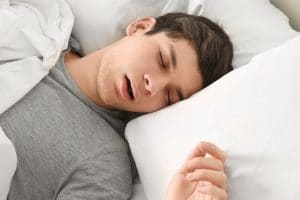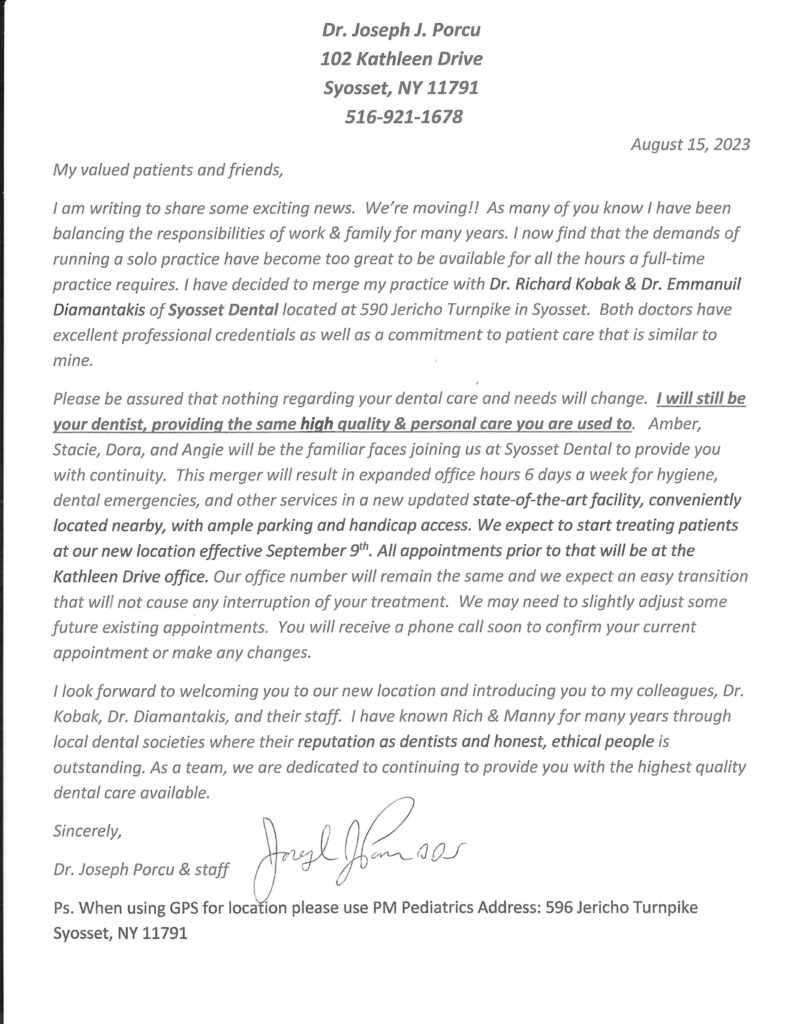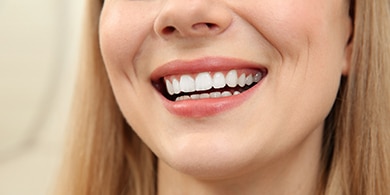 Obstructive sleep apnea, or OSA, is a sleep disorder that millions of people have, but many of them don’t know it. The condition occurs when mouth and throat tissues collapse into the airway, making it impossible to breathe for several moments while you sleep. Your body will clear its airway automatically, often without even rousing you from consciousness, but the interruption can have more serious consequences than it may seem at first. Today, we examine the importance of knowing if you have sleep apnea, and why we might suggest undergoing a sleep study with help of a trusted pulmonologist.
Obstructive sleep apnea, or OSA, is a sleep disorder that millions of people have, but many of them don’t know it. The condition occurs when mouth and throat tissues collapse into the airway, making it impossible to breathe for several moments while you sleep. Your body will clear its airway automatically, often without even rousing you from consciousness, but the interruption can have more serious consequences than it may seem at first. Today, we examine the importance of knowing if you have sleep apnea, and why we might suggest undergoing a sleep study with help of a trusted pulmonologist.
Sleep apnea and breathing cessation
Sleep apnea and snoring are closely related. Snoring occurs when your airway is partially obstructed, as the air you breathe is forced through a smaller, narrower pathway. Therefore, if you have OSA, then you may snore chronically in your sleep, with the noise growing increasingly louder and then stopping momentarily before beginning again. This occurs as oral tissues collapse into the airway, partially at first but continuing until the airway is completely blocked and you can no longer breathe. Though sleep apnea cycles don’t often wake you fully, this distinct pattern of excessively loud snoring could be an important sign of your condition.
Why you might not be aware of it
Like most cases of snoring, the noise you make when you have sleep apnea won’t usually wake you up. When your body is forced to clear the airway, it will also do so without forcing you awake – at least, not fully. Your brain and your body panic when their oxygen supply is cut off, kicking them into emergency gear so that they can clear your airway. This interruption breaks the sleep cycle and your ability to reach deep, truly restful levels of sleep. As they settle back down to sleep, the pattern repeats itself, and you can go the entire night without ever reaching deep sleep.
Who to talk to if you might have sleep apnea
Despite snoring, the repeated sleep cycle interruptions can also leave you feeling increasingly more tired every day and with difficulty remembering or concentrating on things. If you experience signs of sleep loss but believe you’re sleeping peacefully every night, then you may be experiencing the signs of sleep apnea. To find out for sure, speak with your dentist during your next visit about your concerns. We work closely with a trusted, highly experienced pulmonologist who can prescribe a sleep study to determine if you have sleep apnea. If you do, we may be able to fit you with a custom-designed sleep appliance that helps keep your airway clear throughout the night.
Learn more by scheduling a consultation
If you think you or a loved one might be showing signs of sleep apnea, then schedule a consultation to find out for sure, and how to address it. For more information, schedule a visit by calling Syosset Dental in Syosset, NY, today at 516-433-2211 or 516-921-1678.











